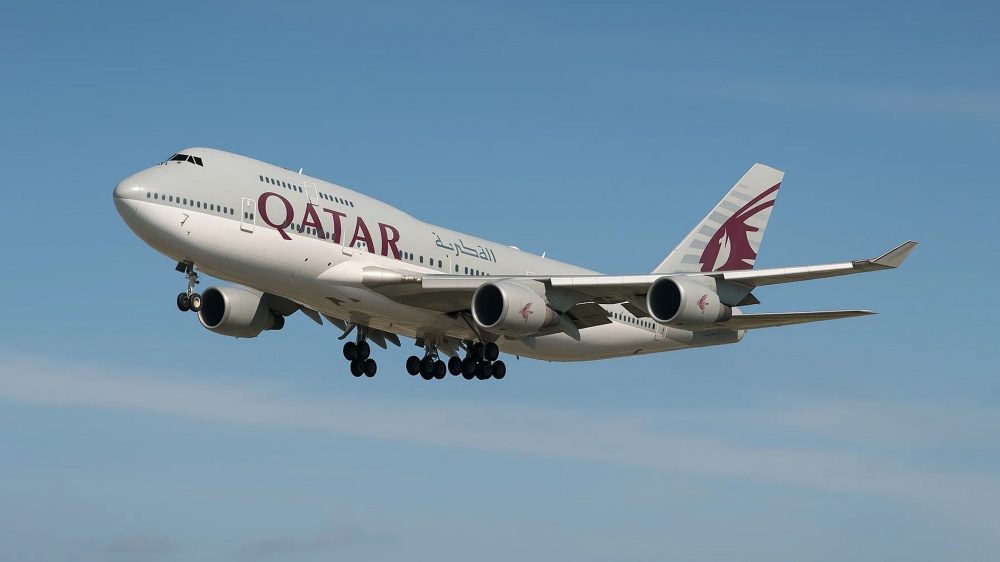Qatar gifts Trump Boeing 747 jumbo jet. What’s the motive?

JAKARTA – The Qatar royal family, owners of one of the world’s largest private jet fleets, has quietly sold some of their biggest aircraft.
One of them, a Boeing 747 jumbo jet, may have found the right buyer: President Donald Trump, frustrated by years of delays in replacing Air Force One.
As reported by forbes.com on Wednesday (14/5), some speculation suggests the Qatar family offered the luxury plane to gain favour with the President, known for transactional relationships.
However, a simpler reason may be that they no longer want the aircraft. It has been on the market since 2020 but failed to sell, according to archived listings.
Giving the plane away for free could save on costly maintenance and storage fees, aviation experts say. Making Trump happy with the gift might be a bonus for the Qatar royals.
Qatar has also gifted the same shining Boeing 747 to Turkish President Recep Tayyip Erdogan, reflecting declining demand for large, fuel-thirsty jets.
Like many modern states, Qatar is shifting to more efficient, flexible aircraft that are more economical and less conspicuous for official travel.
Giving the plane to Trump might be a “creative disposal strategy” marking the end of traditional geopolitical theatre in the skies.
Qatar, a small Persian Gulf nation rich in oil and gas reserves, boasts a luxury private jet fleet including about a dozen modified Airbus and Boeing planes for lavish travel.
The Boeing 747 coveted by Trump is one of three 747-8s owned by the Qatar royal family and operated by Qatar Amiri Flight.
The plane was purchased in 2012 for a list price of USD 367 million, excluding an interior finished after three years of work and likely costing tens of millions more.
Designed for just 89 passengers, it features two bedrooms, an entertainment room, and luxurious interiors by Paris design house Cabinet Pinto.
Yet despite its luxury, operating costs for the 747-8 are very high. The VIP 747-8 is estimated to cost USD 23,000 per flight hour to operate.
In recent years, many airlines and countries have moved away from using these large four-engine jets due to their fuel inefficiency and high operating expenses.
Other countries such as Saudi Arabia, Brunei, and the United Arab Emirates have also reduced their use of large aircraft.
Besides fuel costs, large jets pose security risks. These planes are more vulnerable targets and can only land at airports with long runways, limiting operational flexibility. (DK/ZH)